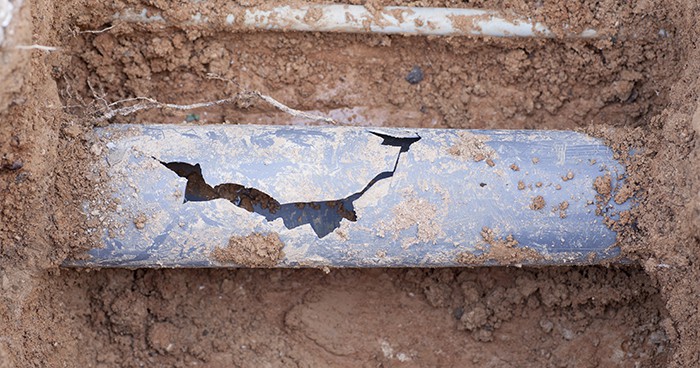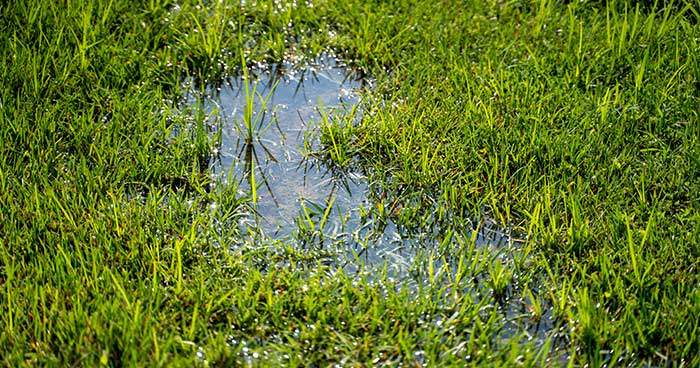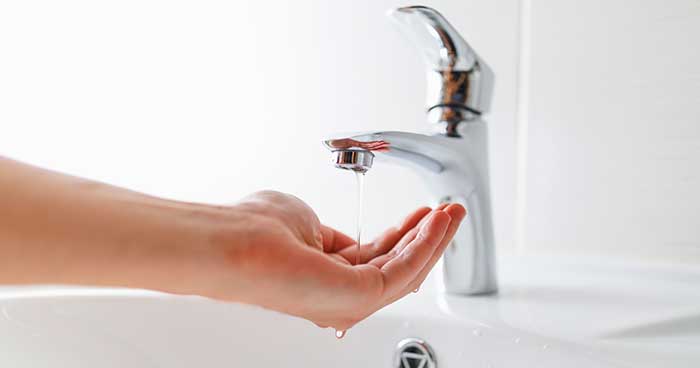How To Prevent A Sewage Back-Up
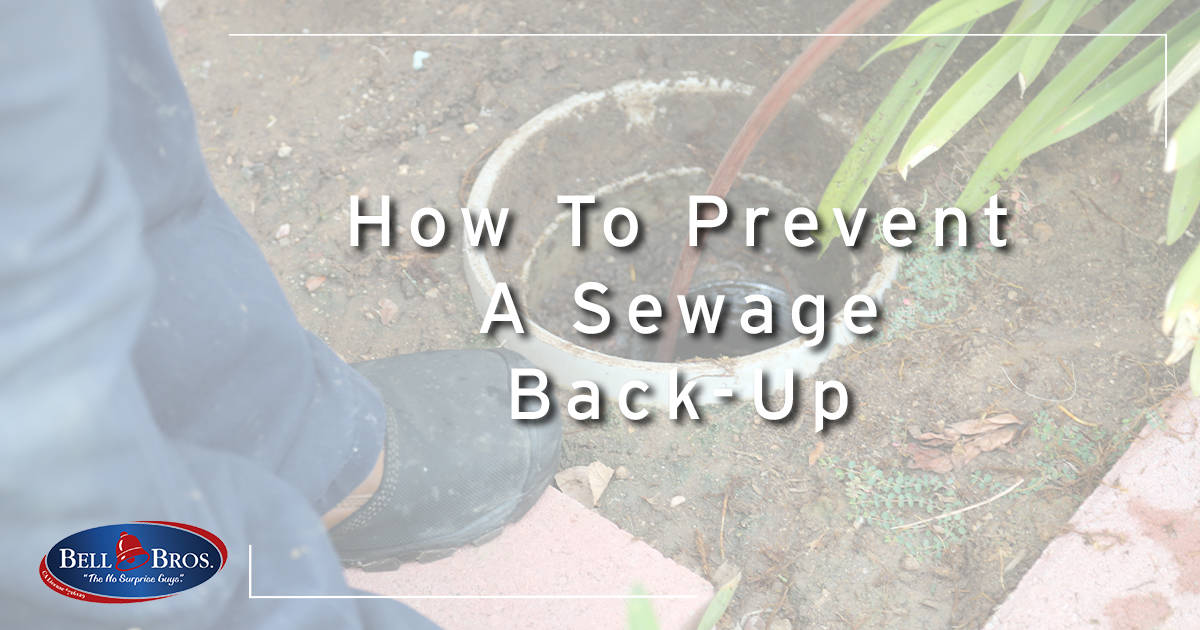
There are a number of things that can go wrong when you’re a homeowner—but one of the most costly, time-consuming and just downright gross problems you can face is a sewage backup.
When something backs up your drainage pipes, your home becomes at-risk for flooding and potentially exposes you and your family to severe health problems. Sewage can spread bacteria which can lead to infections like acanthamoeba, hepatitis, and salmonella, just to name a few.
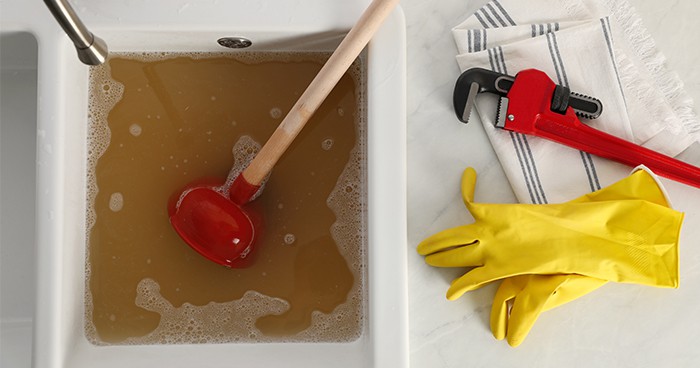
Between potentially spending thousands of dollars repairing physical damage, and the high risk of infection, sewage backups are considered to be one of the most severe plumbing problems.
Luckily, there are ways to prevent backups from happening in your home. Read on to learn more about the most common causes of sewage backups, how to handle them, and how to prevent them from happening in your home.
What Is a Sewage Back-Up?
Sewage backups occur when a home’s sewer lines become clogged or somehow obstructed. If clogged wastewater is left untreated, it could put pressure on the pipes. The pipes will eventually burst or crack and cause a flood on the property.
What Causes a Sewage Back-Up?
There are several reasons why your home’s sewage lines can become blocked. Being aware of the common root causes is your first step in preventing them. Here are the most common:
- Clogs: Grease, hair, or any other solid items that go down your sink or tub get stuck in your drains can cause blockages that lead to backups.
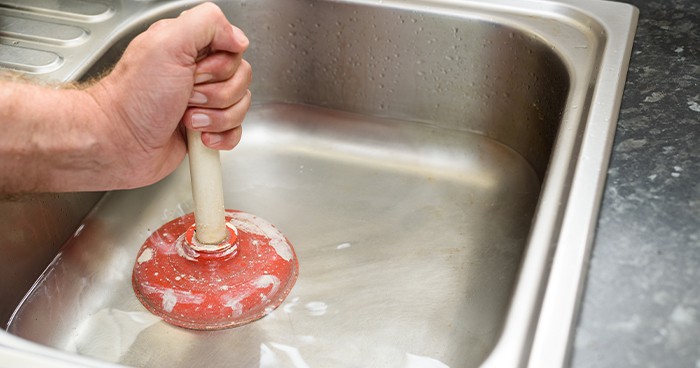
- Tree Roots: If you have trees on or near your property, their roots can cause blocks in your sewer lines. Over time, tree roots can wrap, break, and even grow roots directly into your plumbing system as they seek a water source.
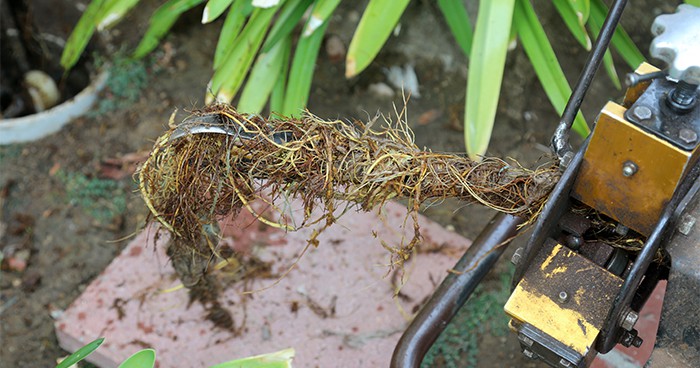
- Heavy Rainfall: Heavy winter storms can dump an inordinate amount of rain. This alone can sometimes be strong enough to crash against your pipes, overburden the material, and cause them to break.
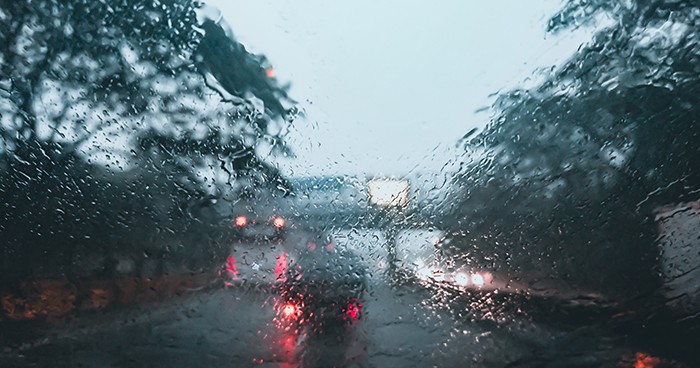
- Damage Sewer Line: While today’s drainpipes are made with more durable copper or PVC pipe, older sewage systems were constructed with clay and cast-iron pipes. These older sewer lines can break due to age or damage.
Recognizing these signs is vital for preventing a sewage backup. While you can’t entirely stop one from happening, there are steps you can take to lower the chance.
What You Can Do to Prevent a Sewage Back-up
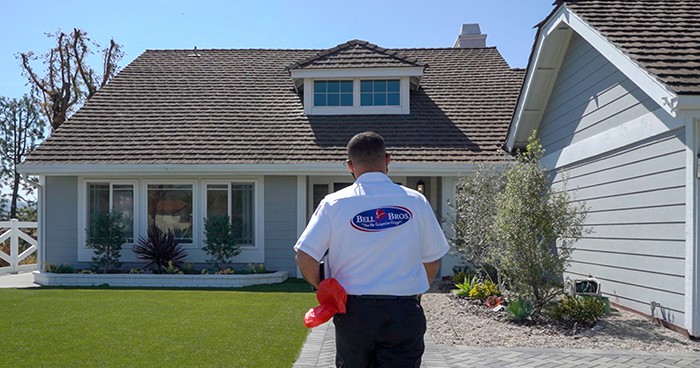
Preventive measures can greatly reduce your risk of a backup. Here are some ways to stop backups in their tracks:
- Watch what you pour down the drain. A common mistake people make is pouring grease, oil, or cooking fats down the kitchen drain. When those oils cool down, they harden and can stop the pipes from properly draining. Instead, dispose of grease by pouring it into a heat-resistant container, even a metal coffee tin, and putting the receptacle in the trash after the oils cool.
- Clear your lines every few years. Hiring a professional plumber to come clear out your lines every 18 to 22 months will keep your sewer pipes free of clogs.
- Keep an eye on tree roots. While you can’t prevent tree roots from damaging your pipes entirely, occasionally cutting the roots can help.
- Conduct sump pump maintenance. Above all else, regularly check your sump pump to make sure it isn’t sitting on silt, gravel, or any other type of debris. Debris can be sucked into the pump, which could break the pump and pipe. Keeping that area clean can prevent a lot of future headaches.
Implementing these practices into your regular home maintenance will reduce the risk of a sewage backup happening to you.
5 Signs You Have a Sewage Leak
Sometimes, it’s too late for prevention. If you think your home might have a sewage leak, there are few signs you can look for.
1. A Bad Smell Is Coming from Your Drain
If your sewer system is working correctly, there should be no smells coming from it. However, if you notice something foul, like the scent of rotten eggs, it may be a clear sign that you have a sewage leak. This smell comes from gas hydrogen sulfide, which can be very dangerous, so call a professional as soon as you can.
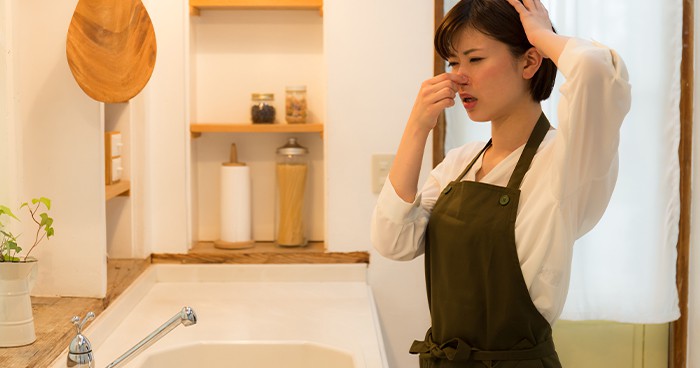
2. More Than One Drain in Your Home Is Clogged
One clogged drain is one thing, but multiple clogged drains could be a sign of a mainline blockage. Try clearing the drain with baking soda and vinegar. If the drains are still clogged, it’s time to call a professional plumber.
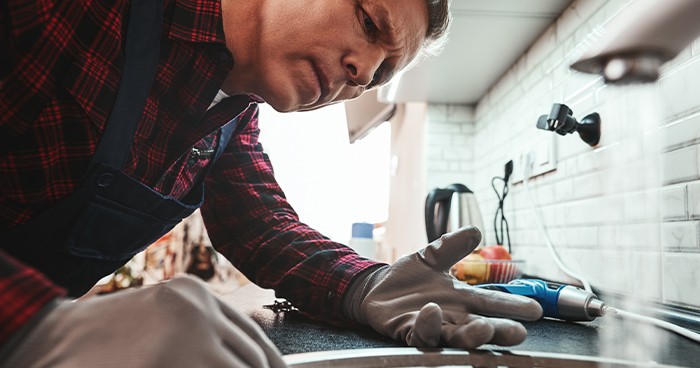
3. Some Grass Spots Are Growing Better Than Others
If you have a sewage leak, the grass that surrounds it will be visibly greener and lush because it’s gaining more nutrients. Make sure to keep an eye out for pools of water, uneven ground, and sinkholes in your yard.
4. Water Is Draining Slowly, Even After Clearing the Line
If your sinks take forever or more than a day to drain, there could be something obstructing the line. A slow water drain pace could be the sign of a sewage backup.
5. You Notice New Mold Growth
Mold thrives in damp areas. So, if you have a sewage leak, excess moisture festers and could be a great home for mold. Some types of molds can spread quickly and be toxic to humans and animals. If you’re noticing new mold growth—especially if an area was already treated with high-quality mold remover and it has regrowth—it’s time to call a professional.
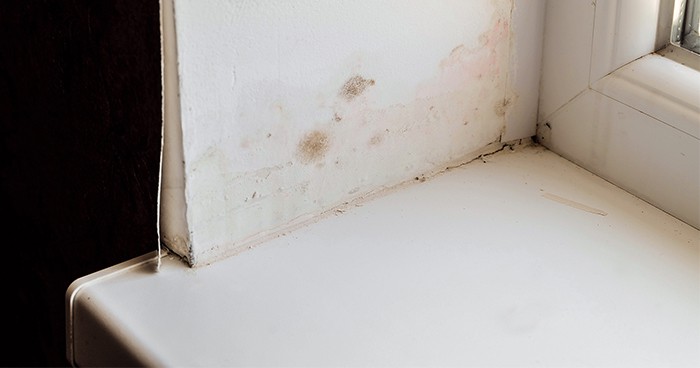
Sewage Backup Can Be Dangerous—But It Can Also Be Prevented.
Sewage backups can be nothing short of a nightmare for homeowners. Therefore, it’s crucial to take preventative measures.
If you see symptoms of a sewage leak, contact a professional plumber immediately. Otherwise, the consequences could be heavy. At best, your possessions can get ruined. At worst, you and your family could become sick.
If you’ve noticed any of these signs around your house, don’t hesitate. Contact a professional and get your drains unclogged ASAP.


